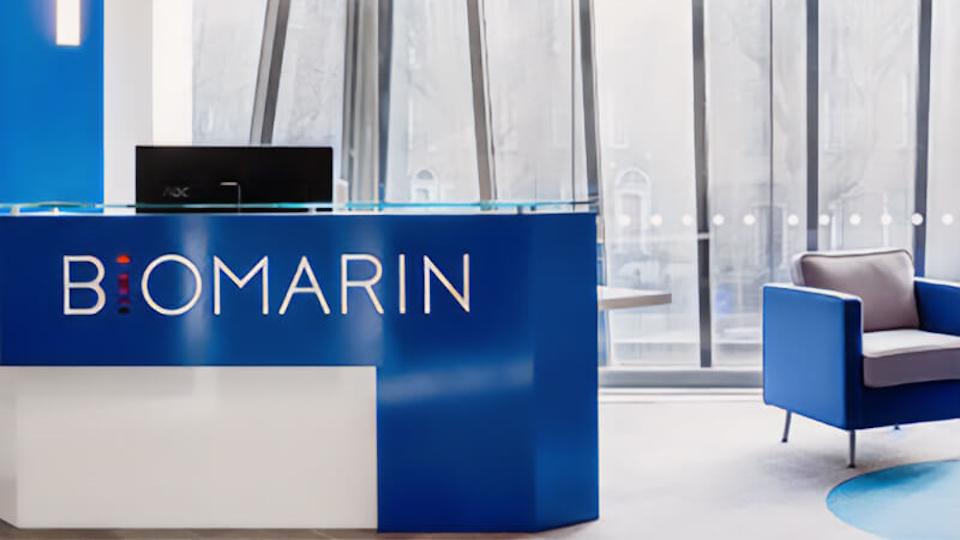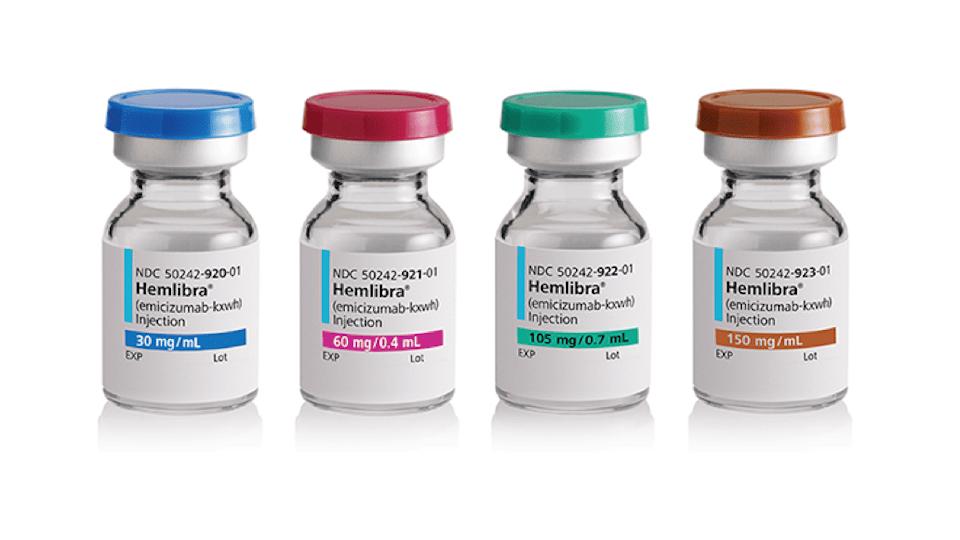BioMarin keeps but scales down Roctavian gene therapy ops

BioMarin Pharma has decided not to divest its haemophilia A gene therapy Roctavian, which has struggled to build much traction in the market, but is reining back its ambitions for the business.
The company has said that, for the time being, it will not try to expand access to Roctavian (valoctocogene roxaparvovec) beyond the first three markets where it already has reimbursement approval – the US, Germany, and Italy – allowing it to reduce its annual spending on the gene therapy to around $60 million.
In practical terms, that means no new clinical trial programmes, although BioMarin said it will continue to support patients who have already been enrolled in studies, and no new launches in other countries until there are signs of real progress in the three current markets.
Manufacturing will also be placed "in an idle state" as the company has enough doses on hand to meet anticipated demand, and the measures should make it a profitable business by the end of next year, according to the company.
Roctavian was approved in the EU in two years ago – with Germany the first member state to approve reimbursement a few months later – and got a green light from the US FDA in June 2023. Italy approved reimbursement for the gene therapy earlier this year.
"We continue to believe that Roctavian is an important option for people with severe haemophilia A, offering the potential for years of bleed control after a single, one-time treatment," said Alexander Hardy, BioMarin's chief executive.
"By rightsizing our resourcing, we are creating a path for Roctavian to contribute to our profitability while still providing full support to patients," he added.
Just a few months ago, the company said it was considering divesting Roctavian after just four patients since launch had received the therapy – which costs $2.9 million in the US – by the end of April 2024.
Things picked up in the second quarter of this year, however, with three patients treated in the US and two in Italy, generating $7 million in revenue compared to $800,000 in the first quarter.
Meanwhile, in Germany, BioMarin now has a reimbursement in place with a new insurer, which has taken some time to arrange despite having a reimbursement price agreed by the federal authorities. That insurer handles around 25% of eligible haemophilia patients in Germany, said chief commercial officer Cristin Hubbard on a conference call.
BioMarin's decision comes as the first potential competition for Roctavian is getting closer to the market. Last month, Pfizer and Sangamo reported phase 3 results with their haemophilia A gene therapy giroctocogene fitelparvovec, prompting discussions with regulators about a route to approval.
The revised strategy for Roctavian was announced as BioMarin reported 20% year-over-year growth in revenues, reaching a record $712 million for the second quarter driven by a $184 million contribution by Voxzogo (vosoritide) for achondroplasia. The result comes after a difficult period for the company, punctuated with job losses and divested R&D programmes as it reinvents itself as a neurology-focused genomic medicine specialist.
In the update, BioMarin said it had decided to discontinue the development of BMN 293, a gene therapy for hypertrophic cardiomyopathy, after reviewing its commercial prospects and the time and resources it would take to bring it to market.












